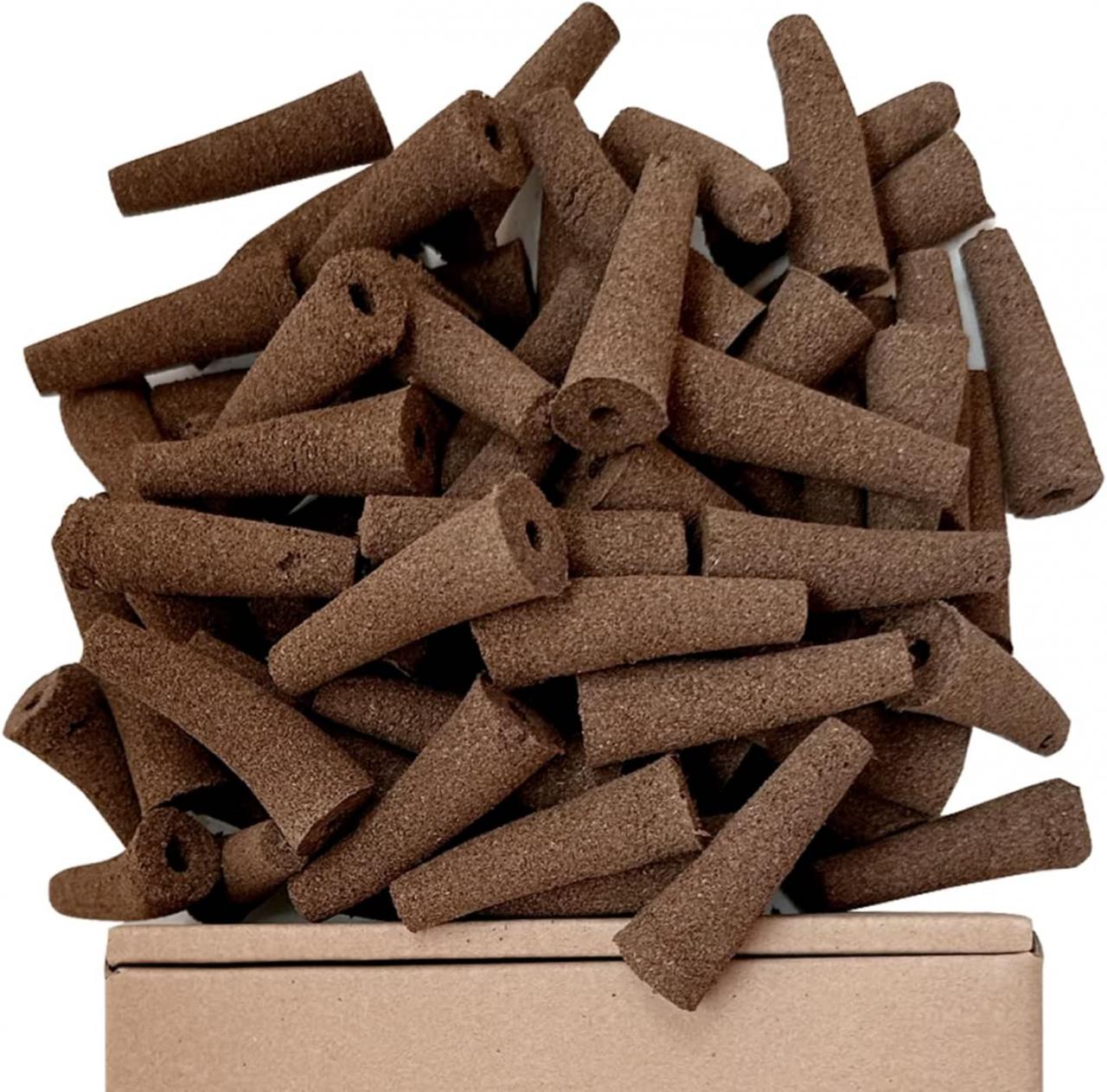When it comes to hydroponic gardening, choosing the right seed pods is crucial for successful germination and healthy plant growth. Hydroponic seed pods provide a controlled environment for seeds to sprout and develop strong roots, allowing you to grow a variety of plants indoors without the need for soil. In this article, we’ll explore the best hydroponic seed pods for rapid germination and healthy growth, considering factors such as material, design, and compatibility with popular hydroponic systems.
AeroGarden Seed Pods: A Reliable Choice for Indoor Gardening
AeroGarden, a leading brand in the hydroponic gardening industry, offers a wide range of seed pod kits for their indoor gardening systems. These seed pods are designed to work seamlessly with AeroGarden’s hydroponic gardens, providing a convenient and efficient way to grow herbs, vegetables, and flowers right in your own home. AeroGarden’s seed pod kits come with everything you need to start growing, including the seed pods, grow domes, and nutrient tablets.
One of the advantages of using AeroGarden seed pods is their ease of use. Simply place the seed pod in the designated spot in your AeroGarden system, add water and nutrients, and let the automated grow lights and water pump do the rest. AeroGarden’s seed pods are made from a special material that promotes rapid root growth and healthy plant development.
Choosing the Right Seed Pod Material for Optimal Growth
When selecting hydroponic seed pods, the material used is an important factor to consider. Some of the most common materials used in seed pods include:
Rockwool: A mineral-based material that is highly absorbent and provides excellent drainage. Rockwool seed pods are popular for their ability to retain moisture and promote healthy root growth
5
.
Coco coir: Made from the fibrous husks of coconuts, coco coir is a renewable and sustainable material that is highly absorbent and well-aerated. It helps maintain optimal moisture levels and air circulation around the roots.
Peat moss: A natural material derived from decomposed sphagnum moss, peat moss is known for its ability to retain moisture and provide a slightly acidic environment that many plants thrive in.
When choosing seed pod material, consider your specific plant’s needs and the characteristics of each material. For example, if you’re growing plants that prefer a slightly acidic environment, peat moss might be the best choice. If you’re looking for a material that provides excellent drainage and aeration, rockwool or coco coir might be the better option.
Compatibility with Hydroponic Systems
Another important factor to consider when selecting hydroponic seed pods is their compatibility with your specific hydroponic system. While some seed pods are designed to work with a wide range of systems, others may be specific to certain brands or models.
If you’re using an AeroGarden system, it’s best to choose seed pods that are specifically designed for that brand. These pods will fit perfectly into the designated spots in your AeroGarden and will be pre-seeded with the variety of plant you’ve selected.
For other hydroponic systems, such as deep water culture (DWC) or ebb and flow systems, you may need to choose seed pods that are compatible with the size and shape of your system’s grow cups or net pots. In some cases, you may need to modify the seed pods or use a different growing medium altogether.
Reusable and Compostable Seed Pods: A Sustainable Option
If you’re looking for a more sustainable option for your hydroponic gardening, consider using reusable and compostable seed pods. These pods are made from materials like coco coir or peat moss that can be composted after use, reducing waste and promoting a more eco-friendly gardening practice.

Reusable seed pods, such as those made from clay pebbles or other inert materials, can be cleaned and reused multiple times, saving you money in the long run and reducing your environmental impact.
Troubleshooting Common Issues with Hydroponic Seed Pods
Even with the best seed pods, you may encounter some common issues when growing plants hydroponically. Here are a few tips for troubleshooting:
Poor germination: If your seeds aren’t germinating, check the moisture levels in your seed pods. Make sure they are consistently moist but not waterlogged. Also, ensure that your grow lights are providing enough light for the seeds to sprout
5
.
Slow growth: If your plants are growing slowly, check the nutrient levels in your hydroponic system. Make sure you are using the correct type and amount of nutrients for your specific plants. Also, ensure that your grow lights are providing enough light for optimal growth.
Root rot: Root rot is a common issue in hydroponic systems and can be caused by a variety of factors, including poor water quality, overwatering, or lack of aeration. If you suspect root rot, remove the affected plants and clean your system thoroughly. Consider using a hydrogen peroxide solution to disinfect your system and prevent further issues
5
.
By following these tips and choosing the right hydroponic seed pods for your needs, you can enjoy a successful and rewarding indoor gardening experience. Happy growing!